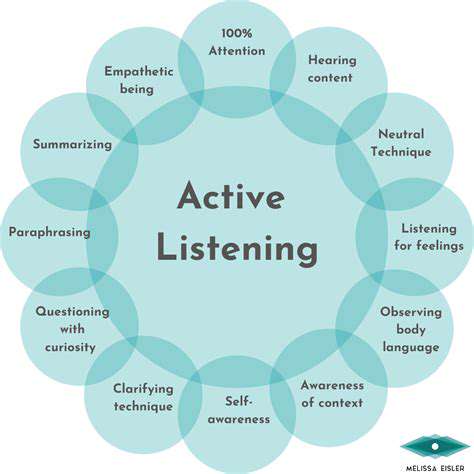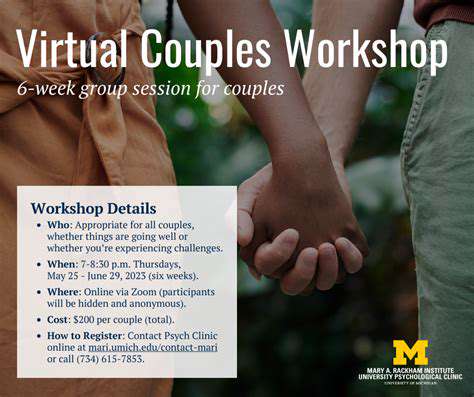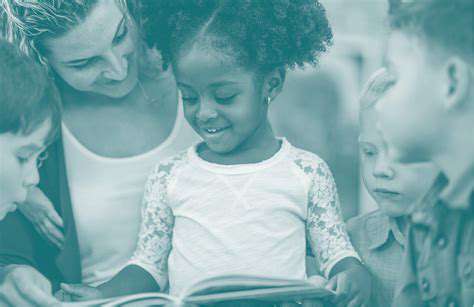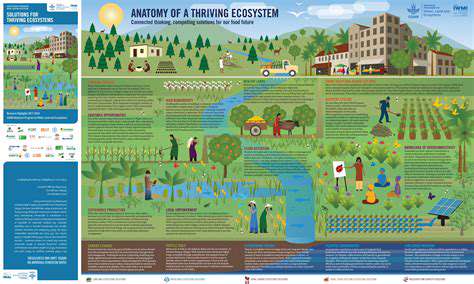Interfaith Marriage Counseling Approaches That Respect Beliefs

Developing a Shared Spiritual Language
Understanding the Role of Spirituality in Relationships
Interfaith marriages present unique challenges that often stem from differing spiritual beliefs and practices. A critical first step in counseling is to understand the multifaceted role spirituality plays in each partner's life, including their values, rituals, and the importance of their respective faith communities. Recognizing the profound impact of spirituality on identity, decision-making, and emotional well-being is crucial for therapists to effectively navigate the complexities of these unions. This deep understanding allows for a sensitive exploration of individual spiritual needs within the context of the relationship.
Examining how each partner views the role of faith in their individual lives and within the marriage is paramount. This involves understanding personal values and beliefs, how they manifest in daily life, and how those values and beliefs might potentially conflict or harmonize within the context of the marriage.
Developing a Shared Vocabulary of Spiritual Concepts
One significant hurdle in interfaith marriages is the potential for miscommunication and misunderstandings stemming from differing spiritual vocabularies. Often, terms and concepts hold profoundly different meanings across different faiths. Counseling should focus on establishing a common language by clarifying these differences and creating a shared understanding of key spiritual concepts, avoiding the pitfalls of assumptions or misinterpretations.
This requires exploring how each partner understands concepts like purpose, meaning, connection to the divine, and sacred, encouraging them to articulate their understanding of these concepts in a way that allows for mutual comprehension and respect, even if interpretations differ slightly.
Exploring Potential Conflicts and Negotiating Shared Practices
Identifying potential conflicts arising from differing spiritual practices and beliefs is essential for successful interfaith marriage counseling. This may involve rituals, holidays, dietary restrictions, or even the frequency and type of spiritual practices. The counselor acts as a mediator in exploring solutions to these potential conflicts.
Creating Space for Spiritual Growth and Integration
Interfaith marriages present an opportunity for personal growth and spiritual exploration for both partners. Counselors should encourage open dialogue about the desire or need for spiritual growth and support exploration of integrating aspects of different faiths into the relationship in a respectful and thoughtful manner. This could involve finding common ground, developing mutual appreciation for each other's traditions, or engaging in joint spiritual practices that respect the unique beliefs of each partner.
Recognizing and acknowledging the importance of spiritual growth within the context of the relationship can be a powerful tool for fostering resilience, understanding, and mutual respect, paving the way for a more harmonious and spiritually fulfilling union.
Facilitating Open Communication and Mutual Respect
Open communication is paramount in overcoming the unique challenges of interfaith marriage. Counseling should focus on establishing safe and respectful dialogue, fostering an environment where each partner feels empowered to express their spiritual beliefs and concerns without judgment or fear of reprisal. This is crucial for developing a deep sense of understanding and respect for one another's differing perspectives.
Encouraging active listening, empathy, and a willingness to compromise is essential. Through this process, both partners can foster a deep understanding of the other's faith and beliefs, which is key to the success of their interfaith marriage.
Read more about Interfaith Marriage Counseling Approaches That Respect Beliefs
Hot Recommendations
- AI for dynamic inventory rebalancing across locations
- Visibility for Cold Chain Management: Ensuring Product Integrity
- The Impact of AR/VR in Supply Chain Training and Simulation
- Natural Language Processing (NLP) for Supply Chain Communication and Documentation
- Risk Assessment: AI & Data Analytics for Supply Chain Vulnerability Identification
- Digital twin for simulating environmental impacts of transportation modes
- AI Powered Autonomous Mobile Robots: Enabling Smarter Warehouses
- Personalizing Logistics: How Supply Chain Technology Enhances Customer Experience
- Computer vision for optimizing packing efficiency
- Predictive analytics: Anticipating disruptions before they hit





